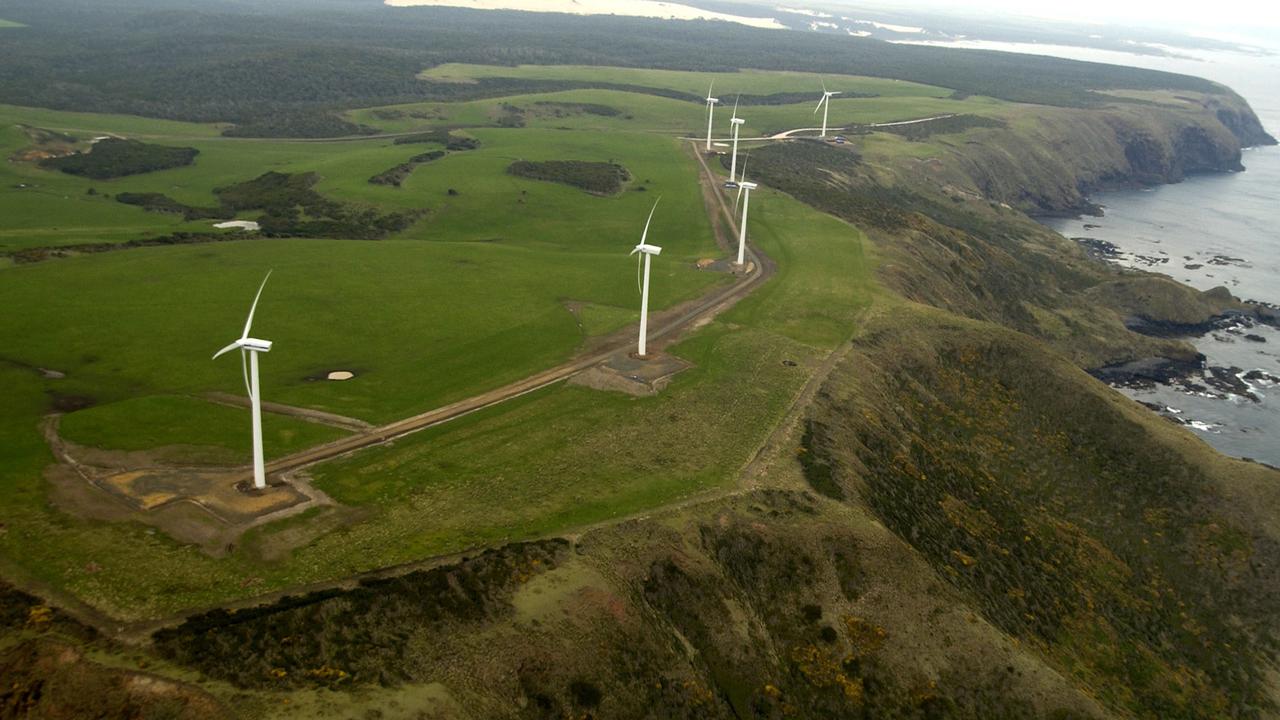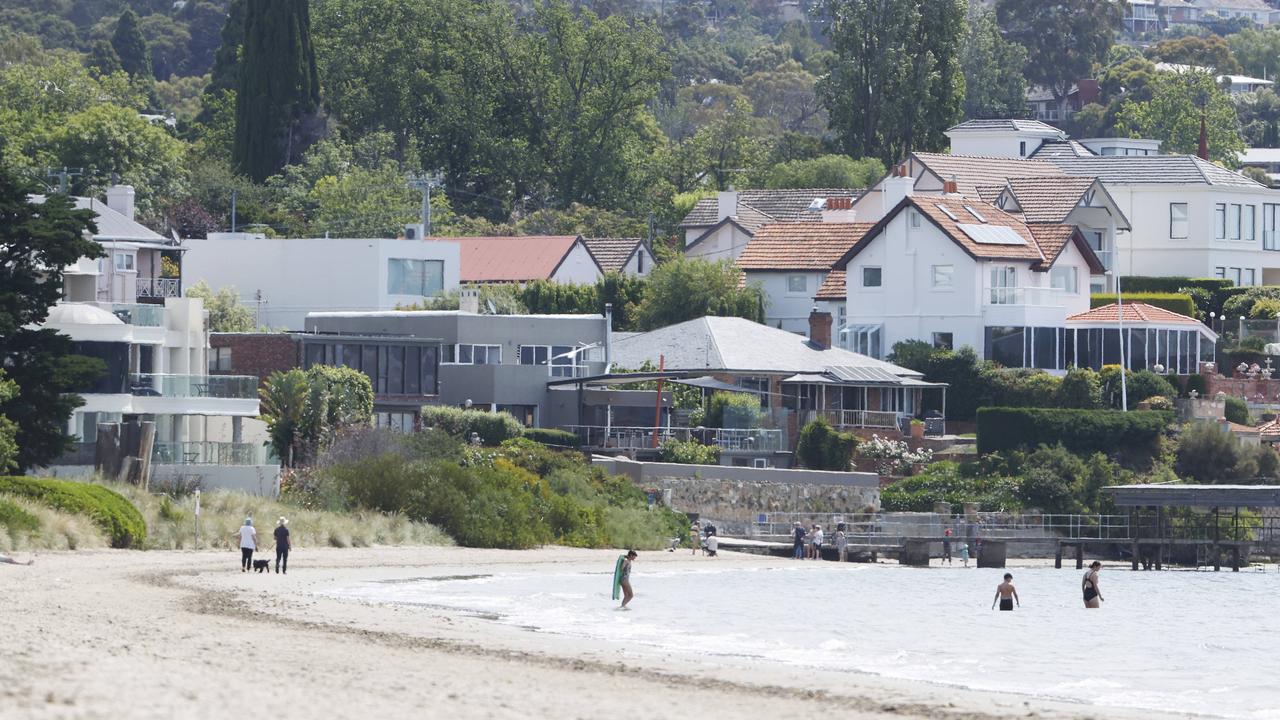SEC Newgate Mood of the Bush report gauges Tasmanians’ attitudes to key regional issues
FREE READ: A new report has laid bare the “fairly sombre” mood in Tasmania’s regional communities – and it’s also produced some surprising insights into people’s attitudes to infrastructure development.

More than three quarters of people living in Tasmania’s regions support greater investment in phone and internet coverage and new transport options – but views are divided on the development of energy infrastructure in local communities.
Strategic communications firm SEC Newgate’s Mood of the Bush report has compiled findings from an online survey of 202 regional Tasmanians – conducted from June 23-28 – which gauged attitudes to a range of issues, including regional priorities, quality of life, and infrastructure development.
The report found there was strong support for development in the state’s regional areas, with new investment in “adequate phone and internet coverage” and transport infrastructure receiving firm backing (88 per cent and 78 per cent support, respectively).

“There is a clear service gap between Tasmania and metropolitan areas of Australia, with the quality of roads, rail infrastructure, rental availability and employment among key service needs,” the report reads.
Incentives to encourage essential workers, such as teachers, nurses and doctors to move to regional areas also garnered considerable support from Tasmanians (79 per cent).
People residing in the state’s rural and remote communities were more favourable towards the transition to renewable energy than their interstate counterparts, with 68 per cent feeling positive compared to 57 per cent nationally.
Just one in 10 Tasmanians felt the renewable shift was happening too quickly (11 per cent) and about 53 per cent believed the transition was occurring too slowly.
Two-thirds (67 per cent) of Tasmanian respondents backed the Albanese government’s target to reduce carbon emissions by 43 per cent by 2030 and 64 per cent supported the net zero by 2050 target. This was a higher level of support than was seen in the rest of the country.

However, those living in Tasmania’s regions were split on the rollout of energy infrastructure in their communities.
Given a choice between two options, forty per cent of Tasmanian respondents supported development of energy infrastructure as long as affected landholders were fairly compensated, while 44 per cent said regional communities should be able to oppose such developments if they were likely to have a negative impact on property values or their quality of life.
This compared to national figures of 45 per cent and 42 per cent, respectively.
Regional Development Australia Tasmania CEO James McKee said the fact Tasmania was one of the most decentralised states in Australia meant there were issues in the regions around workforce availability and housing.

“These are all big structural issues that … will take the most passionate advocates [and] local government to come together with state and federal governments and the private sector to prioritise these issues through place-based policy and funding programs,” he said.
Mr McKee said while renewable energy was a key part of Tasmania’s identity, the impacts of the transition to a green energy future could be “quite disruptive” if the shift wasn’t effectively managed.
“We value our landscapes, our farms, our skylines and remote places and we need to be conscious that these support other industries such as tourism,” he said.
“Having said that, 73 per cent of visitors to Tasmania want to travel to an environmentally sustainable destination so as an example, the two industries are not incompatible.
More Coverage
“Ultimately, less haste, more speed applies when working with our regional Tasmanian communities to manage some of these transitions and the impacts.”
According to the report, about one in five people living in Hobart (18 per cent) said they would consider moving to a regional or rural area within the next two years and a quarter said they would consider a move within 10 years.
Originally published as SEC Newgate Mood of the Bush report gauges Tasmanians’ attitudes to key regional issues






